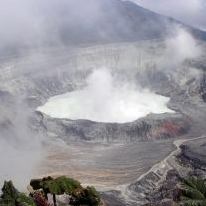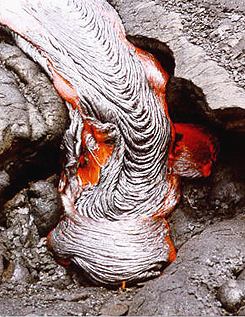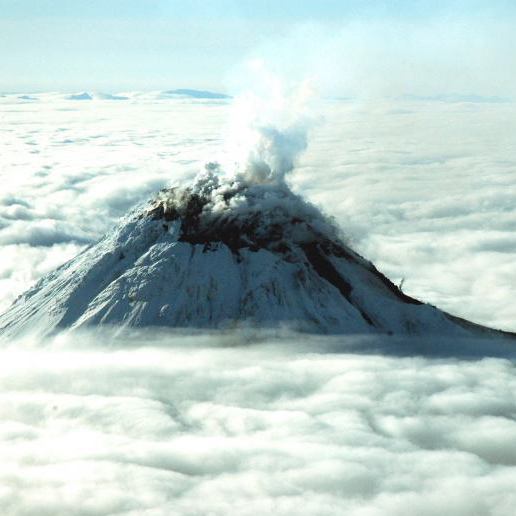 An erupting Icelandic volcano grounded thousands of passengers across northern Europe Thursday, as countries shut down airspace and airports threatened by huge clouds of volcanic ash.
An erupting Icelandic volcano grounded thousands of passengers across northern Europe Thursday, as countries shut down airspace and airports threatened by huge clouds of volcanic ash.
The aviation shutdown was the one of the most sweeping ever ordered during peacetime, and closed some of the busiest airports in the world, including London’s Heathrow Airport.
In fact, British airspace has been ordered closed until 7 a.m. Friday, and aviation authorities in Ireland, Denmark, Norway, Sweden, and Finland have taken similar precautions.
French officials have shut down all flights to Paris and 23 other airports.
Scientists in Iceland said the ejection of volcanic ash could continue disrupting travel for days or even weeks.
This was the second time in four weeks that Iceland’s Eyjafjöll volcano the had erupted. Scientists claim that yesterday’s blast was 10 to 20 times stronger than a similar eruption that occurred on March 20.
 The eruption has prompted the evacuations of more than 800 people in Iceland and caused flooding about 75 miles east of Reykjavik, as river levels rose three feet.
The eruption has prompted the evacuations of more than 800 people in Iceland and caused flooding about 75 miles east of Reykjavik, as river levels rose three feet.
Thousand of flights from Asia, Africa and the Middle East have been canceled. Aviation experts say that an estimated 6,000 daily scheduled flights using British airspace will be affected.
Airlines in the United States canceled some flights to Europe and delayed others, while the Federal Aviation Administration said it was working with airlines to try to reroute flights around the ash cloud.
Several airlines have announced that depending on their destination, travelers can rebook their flights without penalty or receive a refund. These airlines include American Airlines, Lufthansa, SAS, United, and US Airways.
Learn more about European Travel here.
Airspace shutdown is an extremely rare occurrence. The last major airspace shutdown occurred after the 9/11 terrorist attacks in New York.
 The severity of European aviation’s response the Eyjafjöll eruption is because of the dangerousness of volcanic ash toward airplanes. Volcanic ash has been known to cause severe damage to airplane engines, sometimes resulting in mid-air mechanical failure.
The severity of European aviation’s response the Eyjafjöll eruption is because of the dangerousness of volcanic ash toward airplanes. Volcanic ash has been known to cause severe damage to airplane engines, sometimes resulting in mid-air mechanical failure.
According to the FAA, the eruption of Mt. Pinatubo in the Philippines damaged at least 17 planes in 1991. Most of the aircraft damaged were located more than 600 miles away.
And in two separate instances in 1982 and 1989, the engines of Boeing jumbo jets failed after encountering volcanic ash.
One airplane fell 4 miles after all of its engines were shut down by ash spewed from Mt. Galunggung in Indonesia. The pilot managed to restart three engines and make an emergency landing in Jakarta.
Another plane lost all engine thrust after encountering ash from Alaska’s Redoubt Volcano. The Redoubt Volcano damaged four other airliners during the next three months.
Learn more: Volcanoes & Travel: Mount Redoubt Erupts, Airport Shut Down
According to the U.S. Geological Survey, there were about 100 encounters of aircraft with volcanic ash between 1983 to 2000. Most of these encounters occurred in areas of thin air traffic such as Indonesia, the Philippines and the Aleutian islands in Alaska.
Iceland is one of the most geologically active places in the world, straddling tectonic plates on the mid-Atlantic ridge. Unfortunately for European-bound travelers today, the island also straddles one the busiest airspaces in the world.
By Adriana Padilla for PeterGreenberg.com.
Related links: The Guardian (UK), BusinessWeek, New York Times
Related links on PeterGreenberg.com:












